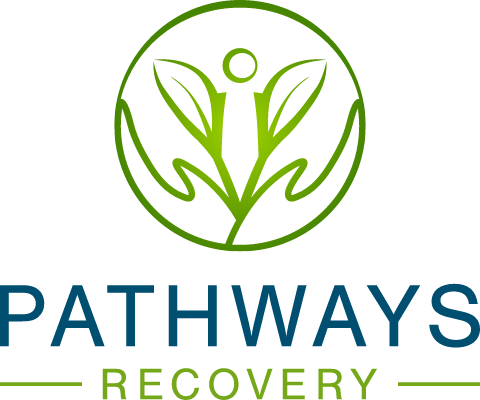Xanax, which is also known as alprazolam, is a prescription medication commonly used to treat anxiety and panic disorders. However, it is often misused as a party drug or to achieve a high, leading to the risk of addiction if not used responsibly. If you or someone you know is showing signs of Xanax addiction, seeking professional help is crucial, and at Pathways Recovery, we are dedicated to providing top-notch treatment to help individuals overcome their addiction.
In this blog post, we will explore Xanax addiction, including what the drug is, its potential for addiction, and the symptoms that indicate an addiction. We will also delve into the question of whether inpatient treatment is necessary for Xanax addiction and provide guidance on finding a residential treatment program.
Pathways Recovery is a top-rated drug rehab in Sacramento. Contact us today to learn more about our inpatient rehab center in Roseville.
What is Xanax?
Let’s start by understanding what Xanax is and how it functions. Xanax falls under the category of benzodiazepines, a class of medications that act on the central nervous system to produce a calming effect. Its primary purpose is to alleviate anxiety and panic disorders by slowing down certain chemical activities in the brain. Xanax binds with receptors in the brain responsible for controlling feelings of anxiety and stress, effectively promoting relaxation and reducing stress levels. By increasing the activity of GABA, an inhibitory neurotransmitter that regulates muscle tone, Xanax induces relaxation and minimizes the likelihood of experiencing panic attacks.
Xanax is an immediate-release medication, meaning its effects are felt shortly after ingestion, typically within an hour, and last for approximately six hours.
Is Xanax Addictive?
Regarding addiction potential, it’s important to acknowledge that Xanax can indeed become addictive. While it helps the body relax and cope with anxiety and stress, prolonged usage or high doses can lead to addiction. This is because the brain may become dependent on the drug’s calming effects and reduce its own production of the chemicals responsible for creating those effects.
It’s vital to differentiate between Xanax abuse and addiction. Abuse refers to using Xanax in improper ways, such as combining it with alcohol to intensify its effects. On the other hand, addiction refers to the physical and psychological dependence on Xanax. Both abuse and addiction are dangerous, as they can lead to carelessness, accidents, and even fatal consequences.
Treating Xanax Addiction in Sacramento
Recognizing the symptoms of Xanax addiction is crucial in identifying whether you or someone you know is slipping into dependency. These symptoms typically manifest as changes in behavioral patterns and may serve as warning signs of addiction.
In terms of treatment, Xanax addiction may require inpatient care, depending on the severity of the addiction. Inpatient treatment can take place either at a dedicated rehab center or within the patient’s home environment. However, it is generally recommended to seek treatment in an environment removed from everyday distractions, allowing individuals to focus solely on their recovery.
While inpatient treatment is more costly than outpatient options, it tends to yield better results for individuals struggling with Xanax addiction. By immersing themselves in a supportive and professional environment, patients receive comprehensive care and guidance. Outpatient programs, although more affordable, may not be as effective since patients return home after each session, increasing the risk of exposure to drugs or alcohol if they were using them prior to entering rehab.
Contact Pathways Recovery To Learn More
Finding a suitable residential Xanax addiction treatment center can be a challenging task. Utilizing online resources and reading reviews of different facilities can help you make an informed decision based on your specific needs. It’s important to remember that seeking professional help is crucial, as abruptly quitting Xanax without proper guidance is not recommended. Gradual detoxification under the care of experienced professionals, such as those at Pathways Recovery, can significantly improve the recovery process. Inpatient rehab is a highly effective treatment option for Xanax addiction, and we encourage you to reach out to us to begin your journey toward health and wellness without delay.


